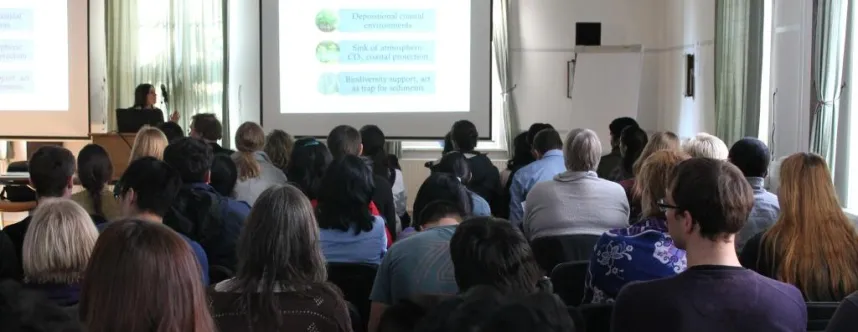MoLife Research Seminar: Prof. Dr. Andrea Rentmeister
Lecture Hall of Research II
Enzymes are usually regarded as highly specific for their natural substrate. However, many, if not most, enzymes can act on substrates other than the ones for which they have evolved. It is therefore interesting to think of non-natural substrates that can be converted as a consequence of substrate promiscuity in order to apply enzymes for our purposes – such as modification of biomolecules. Protein engineering can then be used to shift the substrate scope and obtain enzyme variants with new specificities.
In my talk I will present two different examples of enzyme promiscuity. First, I will talk about a bi-specific adenylation domain of a non-ribosomal peptide synthetase that can selectively activate two out of the 20 standard amino acids. We will look at the structural details to understand this unusual specificity and see how it can be switched by single substitutions. In the second part of my talk, I will show how promiscuity of an RNA methyltransferases can be used to site-specifically label eukaryotic mRNA with fluorescence or affinity tags.
Seminar will be hold by:
Prof. Dr. Andrea Rentmeister, Institut für Biochemie, Westfälische Wilhelms-Universität Münster, Germany
Further information by:
Prof. Dr. Christian Hammann, Professor of Biochemistry - Life Sciences & Chemistry
Building Research II, Room 119, Email: c.hammann@jacobs-university.de, Tel: +49 421 200-3247, Link to Homepage: http://chammann.user.jacobs-university.de
